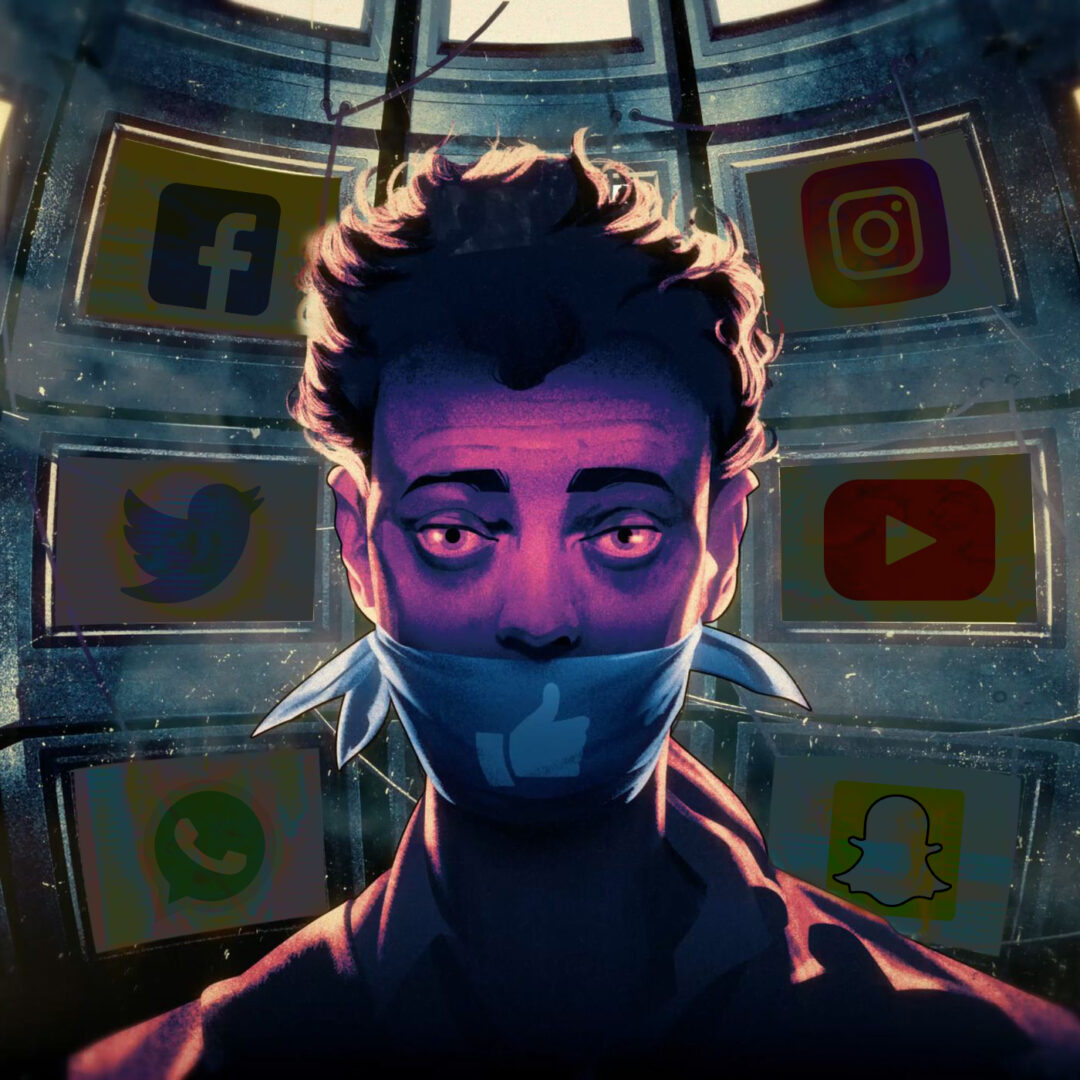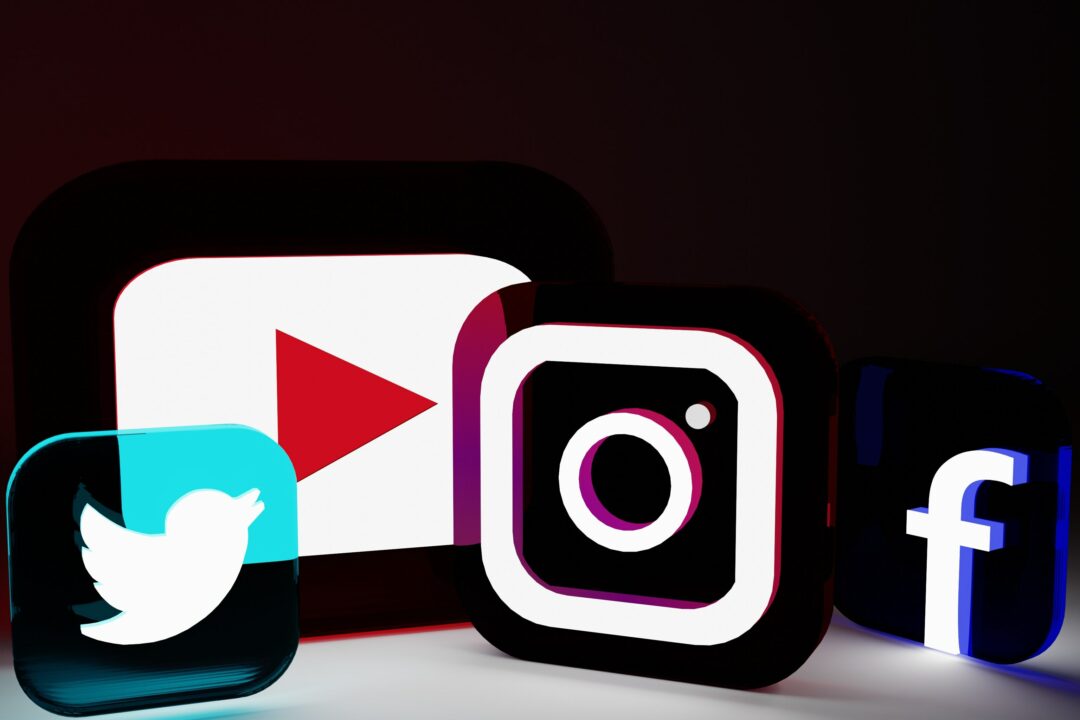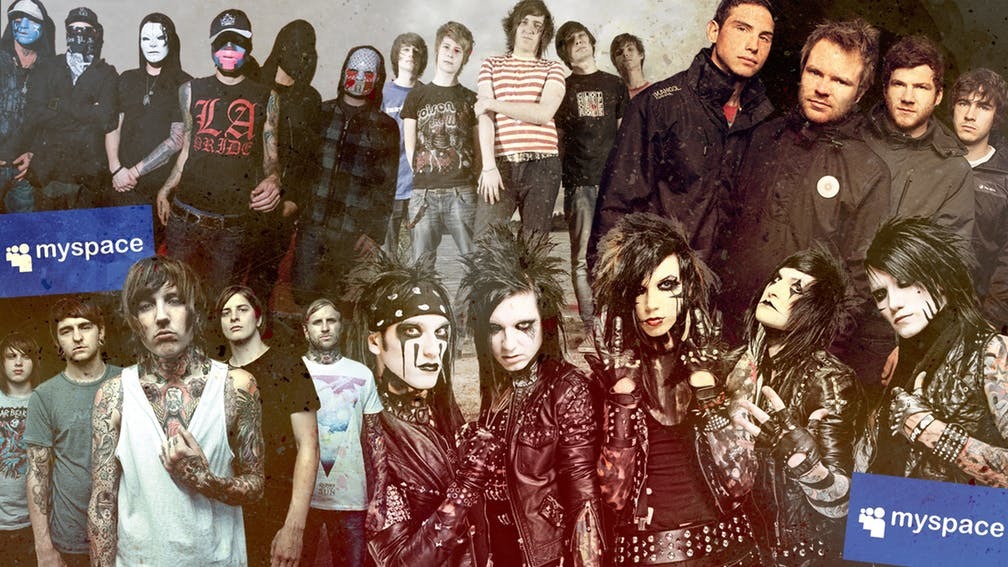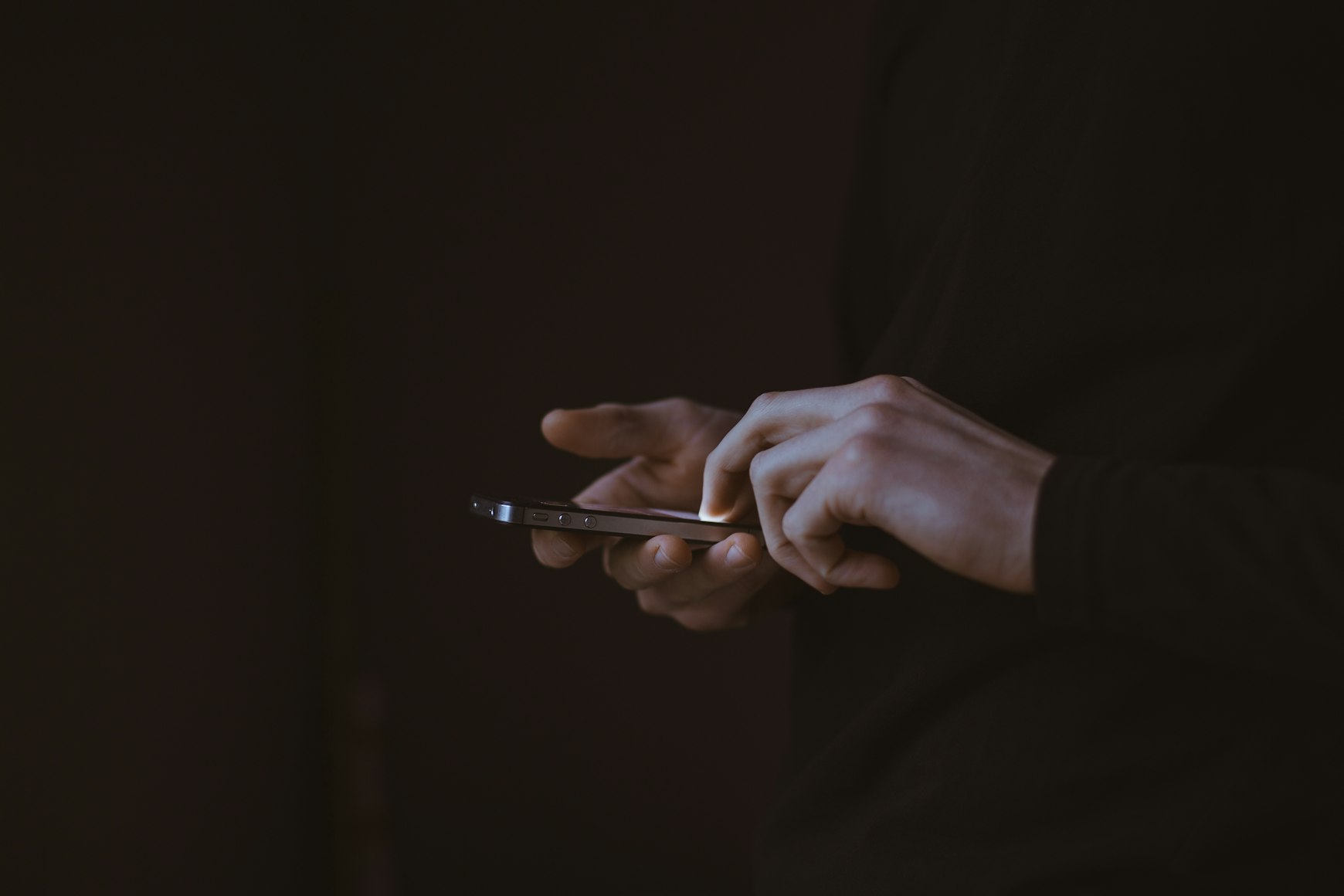Social media may have reinvented the wheel for music promotion. Yet, the spokes can easily become nails in the mental health coffin for independent artists as they attempt to negate the most nefarious parts of the necessary evil.
Post-the-pandemic, which many people (myself naively included) thought would bring the best out in people, social media has become even more of a toxic landscape where users are emboldened by their lack of accountability.
Hate speech has only become more prolific, especially towards marginalised groups, including members of the LGBTQI+ community and ethnic minorities. Vindicated in echo chambers, social media contrarians are disinhibited, impulsive, and downright schadenfreudistically obnoxious.
Trolls aside, the comparison trap, spring-loaded with low self-esteem, envy, and the compulsive desire to compete, creates a culture of hostility and negativity as idealised lives are projected for validation. And this is the arena artists are expected to pour their exposed souls, daily lives, and vulnerability into? Gladiators in Rome probably had an easier cognitive time in the Colosseums.
Artists in the brightest spotlights often get the most brutal brunt of social media toxicity after their privacy barriers are torn down by their large audiences. The strain of parasocial relationships can all too easily push them away from their music careers after they see the lack of restraint exhibited by social media commentators who feel free to ridicule public figures as they please as they perceive their success and financial security as a lack of necessity for empathy and common decency. You would be forgiven for assuming that pedestals are only constructed so people can be pelted down from them.
In 2022, Dua Lipa called out the toxic currency of social media following her viral dance video that debuted in 2017. Following a blow to her self-esteem and her decision to remove herself from Twitter, she gained some perspective. Yet, independent artists who need to be constantly on the social media ball to promote new music and tours can’t share the same luxury.
The pop artist Chelsea Cutler also exposed how exhausting it can be to turn daily lives into content, especially when she knows that the time spent away from her phone is when she feels the best mentally. It has been a part of the mainstream consensus that social media can quickly deconstruct mental fortitude for the past decade. Yet, there hasn’t been much talk on how hard it is for musicians and other creatives can protect their serotonin and sanctity while putting themselves out there and finding ways to transform their daily realities into like, comment and share content fodder.
At this stage in the social media game, it is unlikely that any overhauls will happen to moderate online behaviour or that the masses will feel the proclivity to gain a conscience, which puts the onus on artists to be more mindful of how they negate social media promotion.
I won’t attempt to pinpoint the entirety of the musician’s mental health crisis on how social media exposes artists to soul-destroying commentaries on their appearance and other deeply personal facets of their lives. But social media stressors aren’t helping to remedy the fact that in 2019, 80% of independent musicians aged 18 – 25 stated that their careers have contributed to stress, anxiety, and depression.
How Artists Can Protect Themselves from Social Media Burnout
Challenge Your Core Beliefs
All too often, online popularity and engagement are inaccurately conflated against success away from social media. Despite how well our real lives are going, that dread of making a post and tumbleweed rolling across it can deflate the achievements that are celebrated on platforms such as Facebook, Instagram, and Twitter when they don’t garner the same attention as when a popular influencer posts a new vanity shot and leaves followers clamouring over the superficial content.
One of the best ways for artists to stick around on social media without letting it take its toll is to remove the core belief that everyone else is doing better. Even if you are at the very top of your game, there will always be someone with an inane feed that garners more engagement and attention than your music posts. We are in the age of the influencer, not the era of the artist. You can’t play by those fame-trap rules by remaining authentic. Recognise social media as the propaganda of success, not the reality of it.
Learn How Social Media Can Sap Creativity
Creativity requires an incredible amount of emotional, mental, and sometimes physical energy due to the focus required and cognitive function spent on developing new ideas, generating new possibilities, and solving problems. The mind creating new connections can take up major mental bandwidth; that is without the mentally draining toll of taking risks and being outside your comfort zone in vulnerable and unfamiliar ways. As the cherry on the exhaustion cake, the creative process is not linear, which leads to even more frustration.
For independent artists, the work is far from over there. In the words of an independent artist
“Independent artists are compared, often to signed artists, but in order to compete on a fast-moving global stage, the artist has to become media manager, publicist, graphic designer/art director, administrator/accountant, booker/plugger/promoter, marketing director, playlist co-ordinator, Spotify manager, etc. etc. etc. I estimate if I spent a week just doing ‘band stuff’ and cut out family/friends, and all my other work commitments, less than 5% of that week would go on actual creative art, songwriting, practice etc. The rest is on promo, gig bookings, management, and all the other extraneous shit that 20 years ago, we’d have a legion of label people to do for us. Now, indie artists have to do all that stuff because it is expected – if you don’t, you fall behind the curve of signed artists and the other artists who either DO do it, or have the money or people behind them to help them do it.”
Now, contemplate how social media, by its toxic competitive you-should-be-doing-better nature, can amplify the feeling of exhaustion, overwhelm, anxiety, stress, and depression. Multiple studies have shown that heavy social media use can lead to self-harm and suicidal thoughts.
Without being mindful of how you are spending your online time, how much time you spend glued to apps, how it hinders your productivity and how you feel when you’re using them, you’re going to smell the smoke from being burnt the fuck out.
Set Digital Boundaries
When you are feeling particularly mentally fragile, know that taking a social media break will never be the end of the world. Especially when the benefits are outweighed by mental health ramifications.
The need to be constantly on top of your notifications is also an unnecessary condition you are putting on yourself. Silencing notifications can help you to take control of your social media habits, which can easily lead to dopamine addictions. Every time we get a new follower, like, comment or share, we get a mini shot of dopamine, but the effects are only fleeting, and the comedown will eventually hit.
Research has also proven that having an unhealthy relationship with your phone leads to mental laziness; our smartphones are rewiring our brains to crave instant gratification. I probably don’t have to outline why that is so detrimental to the mind of a musician. But it goes a long way in proving why viral fame has become so much more alluring than a sustainable music career which allows you to express yourself freely.
Article by Amelia Vandergast




